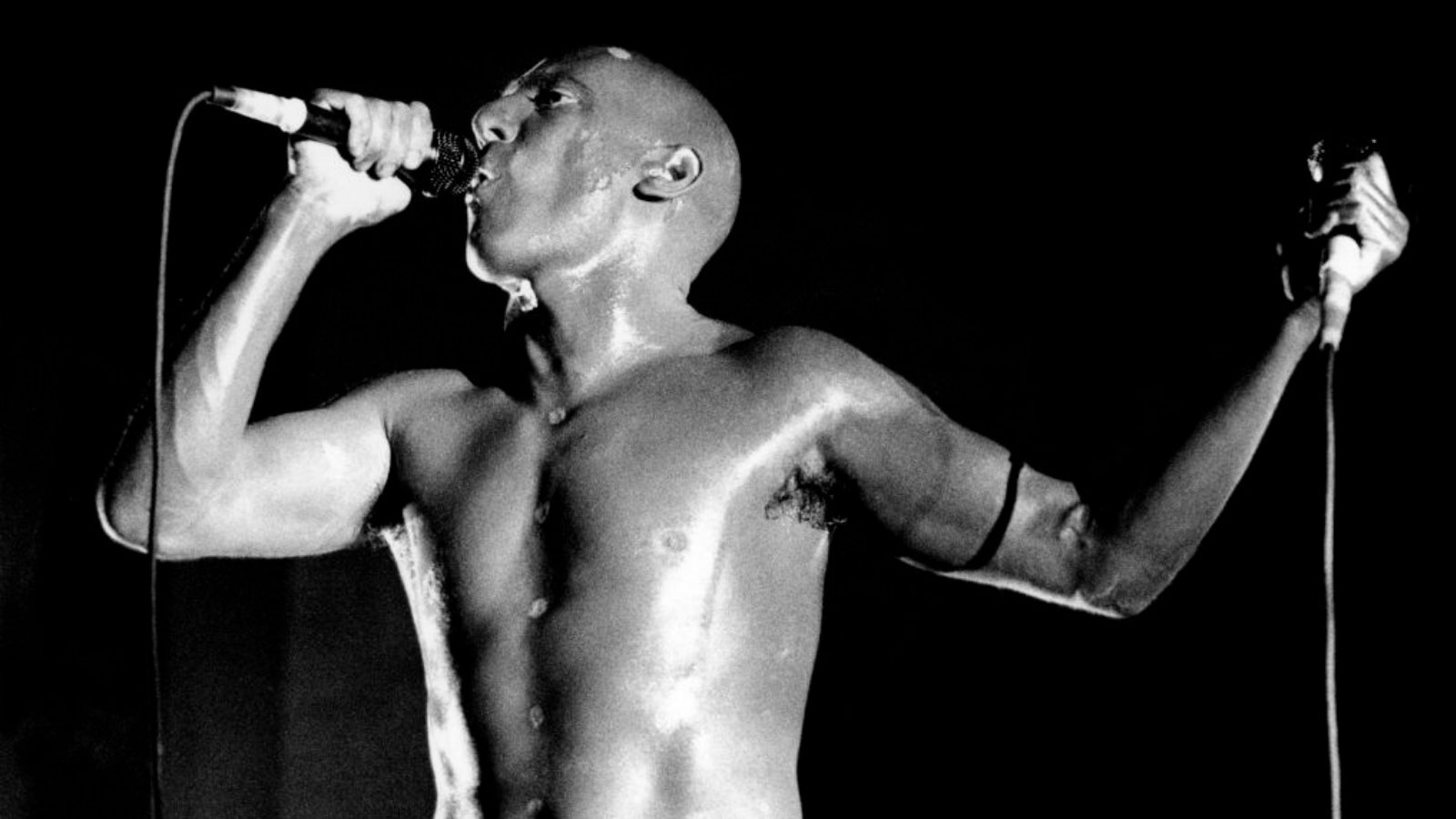You can trust Louder
A21st studio album from the lords of progressive rock is just cause for celebration. It’s their first with American vocalist Jon Davison, and sees the band being produced by Roy Thomas Baker – a plan first forged as long ago as 1979. Heaven & Earth is a very different proposition to 2011’s Fly From Here, which featured another singer (Benoît David) and producer (Trevor Horn). And it’s also a contrast to their recent world tour playing three classic albums in full. For an entity that’s been around longer than the hills, Yes certainly keep you on your toes.
There are no oceanic, exploratory symphonies here. The eight tracks offer a mix of long-ish numbers (four are between six and nine minutes) and modest, chunkier cherries. It’s surprisingly gentle and mellow, laid-back even, as if drowsy in the LA sun. You keep waiting for the essential Yes-ness to kick in, for something madly ambitious and brilliantly convoluted to occur. It doesn’t, not really. Fleetingly, the rhythms get complex and Steve Howe laces in some intricate, ingenious guitar, but the overall feel is relaxed, content. (Squire, White and Downes are strangely reticent.) It’s even a bit Sting in places. If you want a new Starship Trooper, that’s not happening. Pleasant is okay, it’s just that Yes once raised the bar to higher planes.
Davison’s fine: he sounds lots like Jon Anderson, as one imagines he is encouraged to. His lyrics deal in similar astral-consciousness lingo too. (Parts of the album sound more like Jon & Vangelis than Yes – Baker did produce Anderson’s 3 Ships in ’85.) And the producer is in unflashy, low-key mode too. The man who made Queen’s best albums so sonically inventive (and has helmed The Cars, The Darkness and Guns N’Roses) usually brings fireworks. Before Drama, Yes-Baker sessions fell apart when Alan White broke his ankle (though Anderson told us it was because certain parties were, er, partying too hard). Perhaps caution was the order of the day this time.
So most tracks just flow, flourish-free. Believe Again sets the tone, gliding sweetly with a faint euphoria. The Game gathers some energy before Step Beyond, the low point, slides into twee. The propellers start to roar on Light Of The Ages, and the finale, Subway Walls, gets away from the sound of near-silence to discover some bustle and bravado. It’s too little too late to make this a great Yes album. It’s neither heaven nor hell, but somewhere betwixt the two. Yet it may grow on you as nuances emerge from the subtleties of its sleepy serenity. When they forecast perpetual change four decades ago, this band weren’t kidding.
Via Frontiers
Sign up below to get the latest from Prog, plus exclusive special offers, direct to your inbox!

